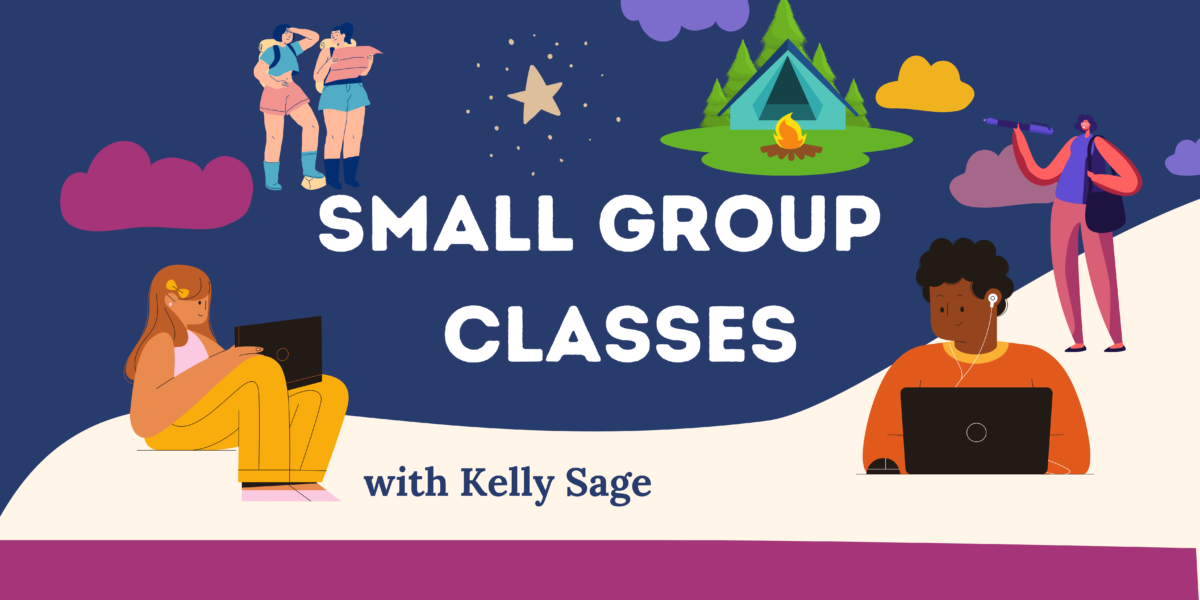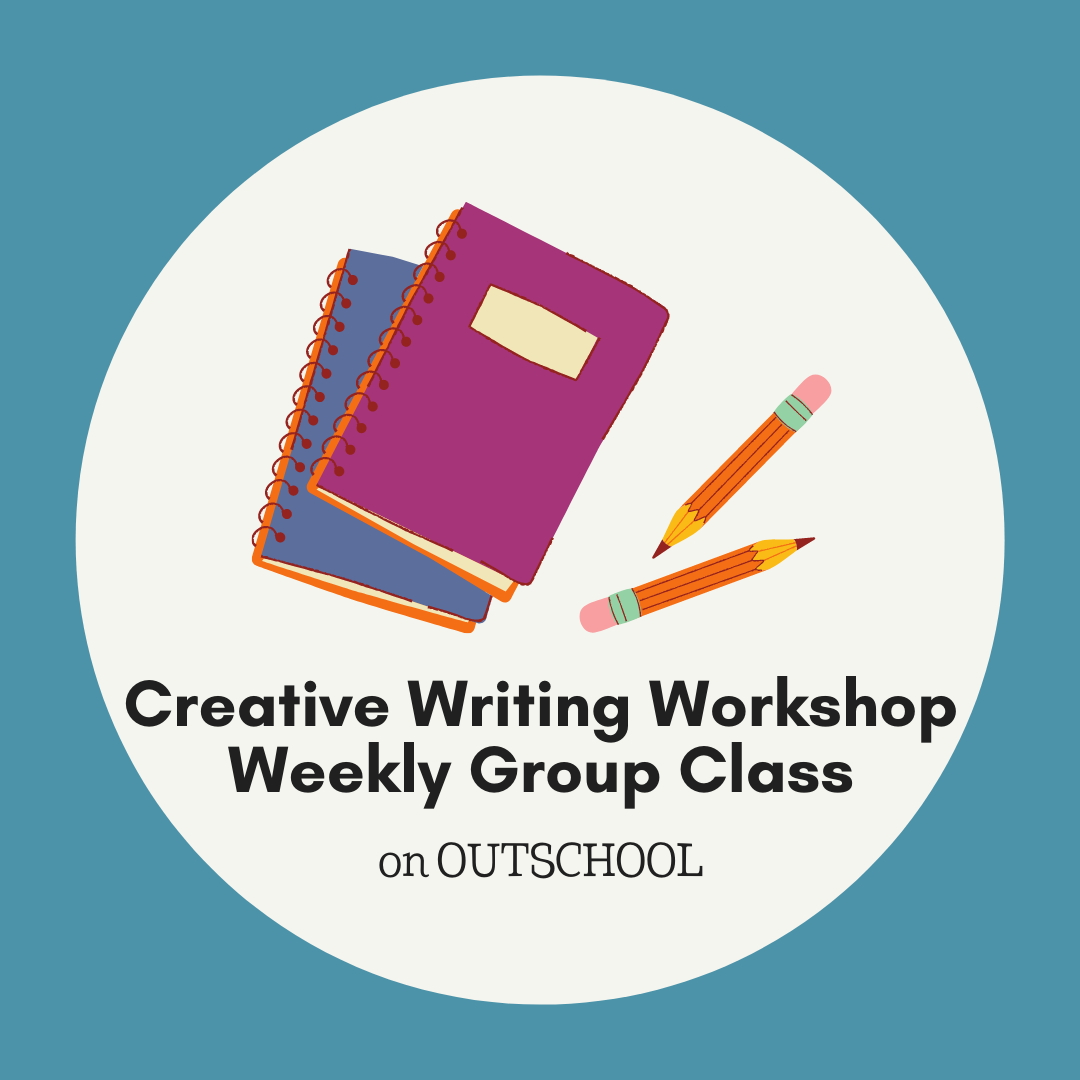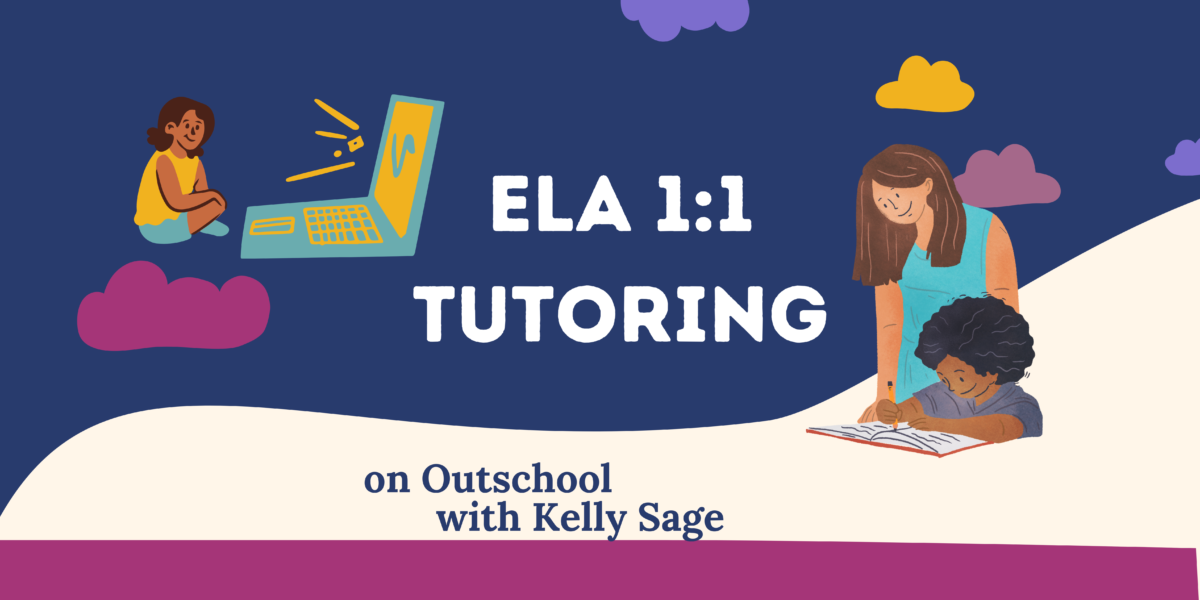Disclosure- Links in this post may be affiliate links. If you click through and make a purchase, I earn a commission at no additional cost to you. Unless noted, if I am reviewing a product, I have been compensated for my time. I write honest reviews. They are not required to be positive. I only recommend the resources we love and use.

Do your kids like poetry? Are you a fan? Poetry games are a wonderful way to learn about poetry, no matter your feelings on the genre. You’re not alone if you or one of your kids loathe it. Of all the writing genres, I think poetry gets the worst rap.
Why? Poetry isn’t straightforward. Poems are filled with figurative language and imagery, which can make understanding a poem a challenge. Poetry is also subjective. Unless the poet tells readers exactly what their poem is about, we might never know. We have to infer and visualize. We might need prior knowledge. Despite what standardized tests might say, there isn’t one way to read a poem.
Poetry is complicated, so how do we teach it?
We get kids to read and write poetry.
We make poetry interesting.
We Play.
Poetry games invite us to do all of the above!

7 Poetry Games to Play
Magnetic Poetry
Our fridge is covered in magnetic poetry. When my kids were little (and shorter), the dishwasher was covered too. Each time someone opens the fridge, they are quietly invited to put words together, move them around, and make a poem. I use virtual magnetic poetry with my online students. To say I’m a fan is an understatement. There are so many ways to play with magnetic poetry. Here are a few-

- Take turns choosing a word to create a poem.
- See who can make a haiku first.
- Play Pictionary but with words- Create a poem about something without naming it and see if someone else can guess what is being described.
Check out these awesome kits for your fridge.
Name Game- Onomatopoeia
Zap, Boom, Tap! A word that sounds like the noise it makes is called onomatopoeia. Poets use onomatopoeia to bring rhythm and sound to their poetry.
If you’ve ever been to camp, you’ve probably played a game like this. You choose a category. Everyone takes turns saying a word until someone can’t think of a word, repeats a word, or says a word that doesn’t fit into the category. With this game, the category is onomatopoeia.
Figurative Language Bingo
Materials-
- Figurative Language Game Board (sign up for my newsletter below, and I’ll send you three)
- Age-appropriate poetry books or poems

There are a couple of ways you can play. One way is to call out an example of figurative language and have kids mark off the type they hear. For instance, if you said, “You can’t judge a book by its cover,” they would mark idiom.
Another way is to give kids poems or poetry books and have them read to find examples of figurative language. The first person to get a Bingo wins.
Poetry Pass
If you’ve played Telephone, this game is similar, except on paper.
One person writes down two lines of poetry on a piece of paper and folds the paper so only the second line is showing.
The next person reads the line that is showing, adds two more lines of poetry, and folds the paper down so only their last line is showing.
Pass and continue to write until the entire page is folded.
Unfold to reveal your poem.
Paint Chip Poetry
Grab the game Paint Chip Poetry, draw paint chips and a prompt, and arrange your paint chips into a poem! You could make this game, too, if you have paint chips lying around.

I Went to the Store
I Went to the Store is another camp-inspired game. The first player says, “I went to the store and bought a _____.” The next player has to repeat what the first player said and add an item of their own. To make it poetic, be sure each item rhymes!
Poetry for Neanderthals
My kids love this game. It’s a great one to play as a family. A player describes a word on a card without saying the word, and other players try to guess the word. The trick is you can only use one-syllable words to describe. If you mess up, you get booped with an inflatable NOPE stick.
Poetry games are a lot of fun and can help poetry feel more accessible. The more kids read and experience poetry, the more they will understand what makes a poem a poem, and they might even try their hand at writing a poem of their own!
Join a Creative Writing Class with Me on Outschool





























